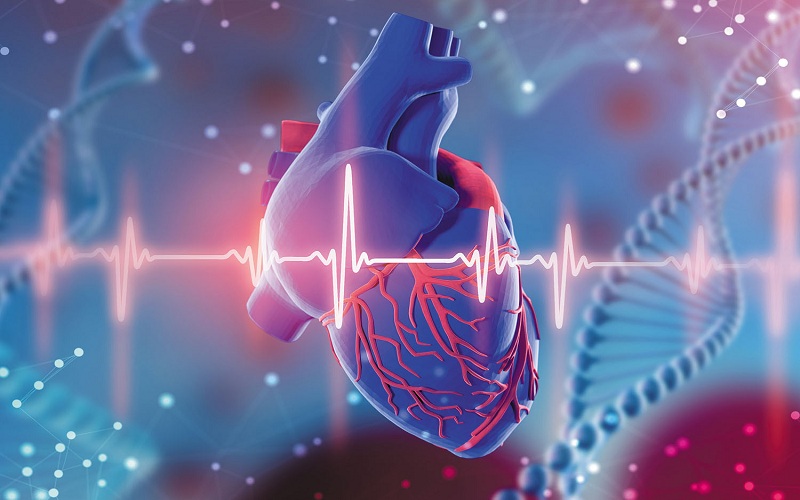Welcome to our health blog. Today, we dive into the world of genetics and heart disease, bringing insights directly from a cardiologist. Our exploration leads us to cardiology dania beach, a place where significant research is happening. The work there shines a light on the intricate relationship between our genes and heart health. It’s a complex story of cause and effect. But don’t worry. We’ll break it down into simple, digestible parts. Are you ready to learn more? Let’s uncover the role of genetics in heart disease.
The Connection Between Genetics and Heart Disease
A person’s genetic makeup can play a vital role in their heart health. Specific genes can increase the risk of developing heart disease. This is not a guarantee that you will have heart disease. But it does raise the chances.
Identifying High-Risk Genes
Researchers are making progress in identifying these high-risk genes. Genes like APOB and LDLR have been linked to heart disease. They affect cholesterol levels. High cholesterol increases the risk of heart disease.
Data From Cardiology
The research supports this. Doctors have found a strong correlation between certain genes and heart disease. Here is some of their data:
| GENE | CORRELATION WITH HEART DISEASE |
| APOB | High |
| LDLR | High |
What This Means for You
If you have a family history of heart disease, you may carry these genes. But remember, genes are not destiny. There are steps you can take to protect your heart health. These include a healthy diet, regular exercise, and regular check-ups.
Final Thoughts
The world of genetics and heart disease is complex. But the research is clear. Genes play a role in our heart health. Knowing your genetic risk can help you make smarter health decisions. So, keep learning, keep asking questions, and keep taking care of your heart.
Read more about heart diseases on the American Heart Association’s website
